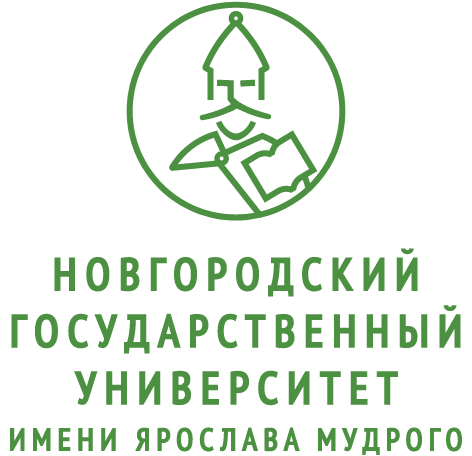Феминитивы в медиа: проект словаря
DOI:
https://doi.org/10.34680/VERBA-2021-1(1)-89-97Ключевые слова:
феминитивы, деривация, словарьАннотация
В статье рассматривается возможность обобщения практики употребления феминитивов как лексической группы в языке средств массовой информации путём формирования словаря. Автор обобщает опыт исследования существительных женского рода, аналогичных мужским номинативам по профессии и роду деятельности, характеризует существующие словари и онлайн-генераторы феминитивов. Оцениваются основные направления изучения данной группы слов. Отмечается узость представленного в существующих работах взгляда на феминитивы и возможность более объективного анализа явления при более широком подходе к анализируемой лексической группе. Описываются способы образования слов данной лексической группы, а также другие аспекты бытования феминитивов в языке медиа. Определяются основные характерные черты и недостатки накопленного опыта систематизации женских коррелятов существительным мужского рода. Отмечается противоречивость находящихся в открытом доступе онлайн-словарей и генераторов с точки зрения предлагаемых к одним и тем же существительным мужского рода женских коррелятов и их несоответствие реальной речевой практике русскоязычных медиа. Автор обосновывает необходимость формирования словаря, констатирует отсутствие попыток полноценного и всестороннего обобщения процессов бытования феминитивов в текстах СМИ. Описывается схема построения словарной статьи и основные характеристики, которые она будет содержать, а также приводятся примеры содержания словарной статьи о конкретных феминитивах, встречающихся в русскоязычных медиа. В статье приводится методика формирования словаря, методы анализа выявленных лексем и этапы работы над исследованием. Делается вывод о практическом эффекте формирования словаря с точки зрения продолжения исследований в данной области и работы практикующих журналистов.
Скачивания
Загрузки
Опубликован
Как цитировать
Выпуск
Раздел
Лицензия
Copyright (c) 2021 Verba

Это произведение доступно по лицензии Creative Commons «Attribution-NonCommercial» («Атрибуция — Некоммерческое использование») 4.0 Всемирная.








